- Plot No. 813, Behind Ace City Sector 1, Greater Noida-201306
- 24x7 Available For Your Care
- +91 83838 00553
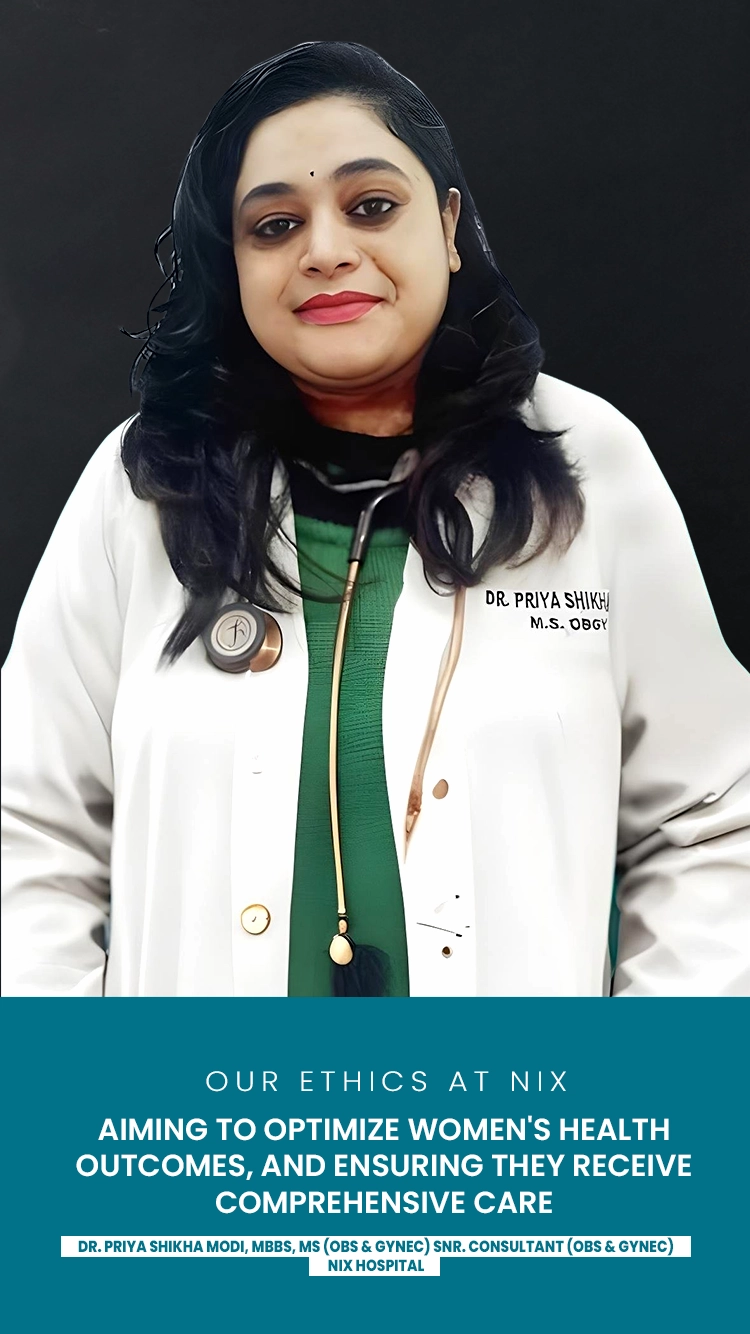

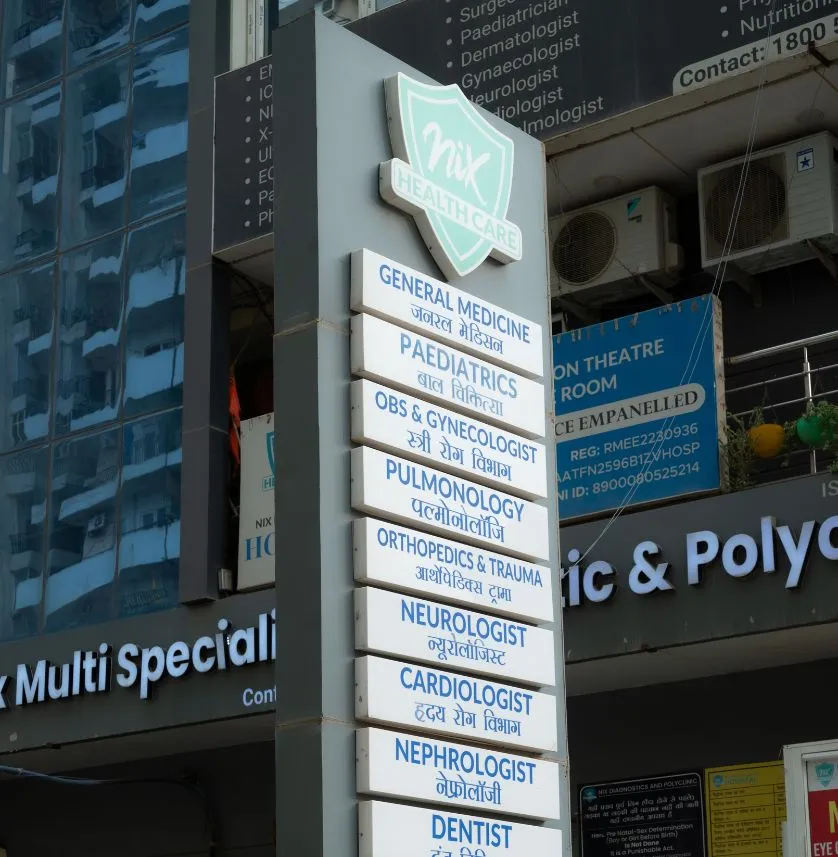
Best Hospital in Greater Noida West and Top Hospital in Noida Extension
Nix Hospital is the best hospital in Greater Noida West which is known for their excellent medical care and treatment. Nix hospital rank top among the top hospital list in Greater Noida West with world class Operation theater, ICU and NICU. We offer highest standard Multi-Speciality health care services in General Medicine, Radiology, Neurosciences, Obs and Gynecology, Pulmonology, Urology, Nephrology, Pathologists, Neonatologist, Dentists, Pain Management and that's just the beginning. At Nix Health Care, Emergency and Trauma center is equipped enough to handle emergencies. If you are looking for the best hospital in Noida Extension, Nix Health Care Hospital stand top among top 10 hospital in Greater Noida where you get best medical care and treatment by the highly experienced team of doctors, nursing staff and medical staff. Nix is dedicated to provide you world class treatment at affordable price.
If you are searching the best hospital near by Noida or best hospital in Gaur City Greater Noida then Nix Hospital is your best choice. Nix Hospital comes under top 10 hospital in Noida Extension and is the best multispeciality hospital in Greater Noida West.
Full Body Health Checks
Explore comprehensive health packages for full body checkups and specialized tests. Enjoy the convenience of home sample collection. Choose from a wide range of packages tailored to your health needs.
Essential Profile
₹2760
₹999
/Only
Include 49 Tests
Get OfferTotal Profile
₹7290
₹3200
/Only
Include 77 Tests
Get OfferSenior Citizen Profile
₹8670
₹3999
/Only
Include 79 Tests
Get OfferExclusive Profile-Female
₹10540
₹4200
/Only
Include 85 Tests
Get OfferPlatinum Profile
₹13430
₹5999
/Only
Include 95 Tests
Get OfferOur Dedicated Doctors Team
Meet our team of experienced doctors at Nix Healthcare, dedicated to providing you with exceptional care. With over 20+ years of expertise, our doctors are always ready to assist you.
Dr. Shashank Ranjan
MBBS, MD Pulmonology - Critical CareDr Kamal Kishor Garg
MBBS, MD MedicineDr Ranvijay Pathak
MBBS, MD OrthopedicsDr Dinesh Pratap Singh
MBBS, MD RadiodiagnosisDr Ajay Kumar
MBBS, DCH, DNB (Pediatrics), MNAMS (India)Dr Shipra Varshney
MBBS, DGODr Preeti Tomer
Aesthetic physicianDr Priya Shikha Modi
MBBS, MS (Obs & Gynec)Dr Abhishek Sharma
Orthopedic SurgeonDr Kiran Kaushal
Internal Medicine/PhysiciansDr. Amit Kumar
Consultant - Paediatric CardiologyDr. Divya Gupta
Pediatric SurgeonDr. Shuddhatam Jain
General SurgeonDr. Gyanti RB Singh
CardiologistDr Raman
PhysiotherapistOur Departments
With over 20 years of trusted healthcare, our expert doctors across key departments like Dermatology, Dentistry, Neurology, Orthopedics, Pediatrics, ENT, General Medicine, and Anesthesiology are here to care for you.
Latest News
Explore our latest blogs for expert tips, insights, and guidance on staying healthy and preventing common health issues.
Get Better Respiratory Health: Role of the Pulmonologist
It is essential to be healthy in Greater Noida, a vast city where life and gr...
How Does Diabetes Cause Hypertension? Understanding the Link Between Both Conditions
Diabetes and hypertension (high blood pressure) are two of the most common he...
Common Childhood Allergies and Effective Management
Children have developing immune systems, making them more susceptible to alle...
What is the role of the best Pulmonologist?
A pulmonologist is a health practitioner who specializes in respiration devic...
How to Overcome the Common Orthopedic Issues after the 30s
Ageing is one of the important motives for orthopaedic issues that start to a...
Reasons Why to go to the Best Dentist or Dental Hospital
There are essentially two components to a dental go-to. Firstly, the best den...
Nix Health Care: Greater Noida's Premier Orthopedic Hospital and Medical Centre
Nix Health Care is the unrivalled leader among Greater Noida’s many hea...
Investigating Top-Rated Orthopedic Specialists in Greater Noida
There is a wide variety of excellent hospitals in Greater Noida, each special...
Greater Noida Nix Health Care is Committed to Respiratory Health
It is essential to be healthy in Greater Noida, a vast city where life and gr...
Choosing the Best Pediatric Doctor and Care in Greater Noida
Selecting the right paediatrician and pediatric hospital for your child is a ...
Start Your Health Journey with Greater Noida's Top ENT Specialist
Are you sick of having to deal with constant earaches or sore throats? It&rsq...
Implications of the Best Pediatrician for the Child's Growth
Monitoring your infant’s development is a vital part of what the best p...
The Leading Healthcare Centre in Greater Noida: Revealed
It’s like finding a precious gem in the middle of a desert to find the ...
Is Cucumber Good For Liver? Here Are All of Your Answers
When it comes to health and fitness, some foods shine and do amazing things f...
Why is it Important to see the Best Pediatrician for Our Child?
You and your family have several medical options. Urgent care facilities and ...
Reasons to consult with an ENT Specialist Doctors
A doctor treating problems of the ear, nose, and throat, including structures...
How to Find the Best Paediatrician in Noida Region: What You Don't Know
For our little ones, only the best will do. It’s worth every penny to s...
Looking in to Greater Noida for Top-Notch Gynecologist
Greater Noida is a busy city with many world-class medical services, includin...
Your Guide to the Best Orthopedic Hospital in Greater Noida: Introducing Health Care
Come into the busy city of Greater Noida, where tall buildings meet the promi...
Low-Sugar Fruits for Diabetics Patients: A Guide to Managing Blood Sugar Levels
For individuals managing diabetes, making informed dietary choices, including...
In Details Know about the Fatty Liver Treatment
There are several fatty liver symptoms. Alcoholic fatty liver disease (AFLD) ...
How to Choose the Best Ortho Specialist Doctor in India?
Many people worry about getting hurt while working out or playing sports. Get...
Exploring the Effects of Fibroids on Female Health
Fibroids, or uterine leiomyomas, are benign tumours in or on the uterus. Thei...
A Complete Guide To Finding the Best ENT Doctors in Greater Noida
When you have ENT (ear, nose, and throat) problems, it is essential to find t...
The Ultimate Guide to Finding the Best Gynecologist in Greater Noida: Top Doctors, Services, and Tips
Finding the best gynaecologist is a crucial step in ensuring your health and ...
Get Better Respiratory Health: Know the Role of the Pulmonologist
Finding a skilled professional is significant for your respiratory health. Pu...
Breast Imaging: Using Radiology to Detect and Manage Breast Cancer
Breast cancer is one of the most common cancers affecting women worldwide. Ea...
The Importance of Ultrasound in Pregnancy: A Complete Guide
Ultrasound is a crucial diagnostic tool during pregnancy, offering valuable i...
Look for the Best Pediatricians and Multispecialty Hospitals in Greater Noida
The healthcare providers a parent chooses can significantly impact their chil...
Innovative Techniques in Orthopedic Treatment in Delhi NCR - Something New?
Orthopedics is a stream that is rapidly evolving, providing newer types of tr...
How to Choose the Best Gynaecologist Hospital in Noida-Greater Noida
Choosing the best gynaecologist hospital in Noida- Greater Noida can be a cha...
How Age and Gender Affect Fracture Risk
Bone fractures can occur at any age, but age and gender significantly influen...
Signs of Preterm Labor: When to Seek Medical Help
Preterm labour, which occurs before 37 weeks of pregnancy, can lead to early ...
We Help Parents To Find the Best Pediatrician in Noida and Delhi
Any parent worth their salt knows how important it is to find a good doctor f...
How to Find the Best Orthopedic Hospital in Greater Noida
It is necessary to know how to find the best hospital and doctor, whether you...
When Is It Safe to Travel During Pregnancy? A Trimester-by-Trimester Guide
According to the best gynaecologist in Noida Extension, travelling during pre...
A Guide to Greater Noida Hospitals: Best Health Care Center
Greater Noida is becoming increasingly known as where people can get excellen...
How to Choose the Best Pediatrician in Greater Noida as a Parent?
Finding the right doctor for your child is significant. There are a lot of do...
Detecting Kidney Stones and Other Problems with Ultrasound
Got unexplained pain in your belly? Tons of folks in Greater Noida West are d...
Key Nutrients You Need During the First Trimester: Advice for Soon-to-Be Moms around Greater Noida and Noida
Hey there congratulations on the baby! Starting this amazing ride, you must b...
Do's and Don'ts During Pregnancy
Pregnancy is a beautiful and transformative journey, but it comes with signif...
How to Prevent Recurrent Infections in Children?
Children are naturally prone to infections due to their developing immune sys...
Liver Disease: Causes, Symptoms, Diagnosis and Treatment
लिवर शरीर का एक प्रमुख और बहु�...
Osteoporosis and Fracture Risk Factors You Should Know
Osteoporosis is often called the “Silent Disease” because it deve...
What Causes Skin Darkening During Pregnancy? Discover the Surprising Reasons
(Dr. Deepti Jaya, MBBS, MS, OBS, Gynec, Consultant Gynaecologist & High-R...
Hormonal Imbalance In Women Signs Causes And Natural Remedies
Hormonal Imbalance in Women: Signs, Causes & Natural Remedies
Hormones...
Flu Symptoms: Recognizing Fever, Muscle Aches, Cough, and More
The flu, or influenza, is a common viral infection that affects millions of p...
What Is a Hydra Facial? How It Works, Benefits, Risks, And Where To Get One
For your well-being, it is important to keep your skin healthy and protected ...
Understanding Lower Back and Leg Pain: Causes, Symptoms, and Treatment
Lower back and leg pain is a common issue that affects people of all ages. It...


Happy Patients

Medical Fecilities

Medical Spesialities

Years of Experience
What our customer says


























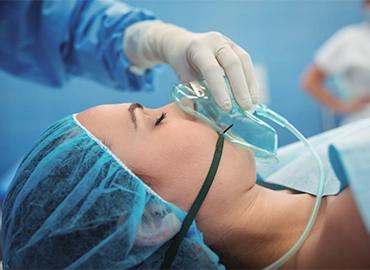
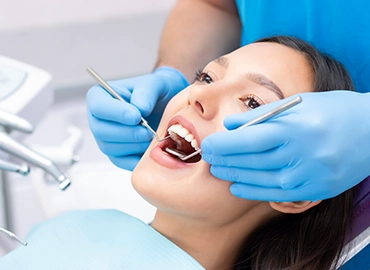

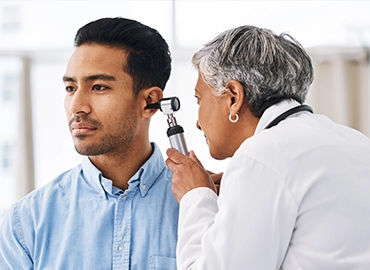


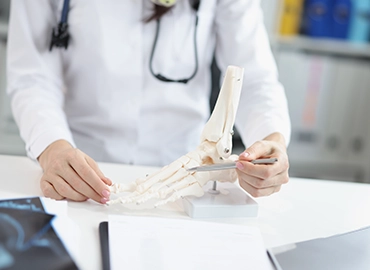



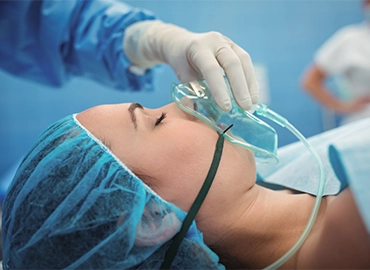
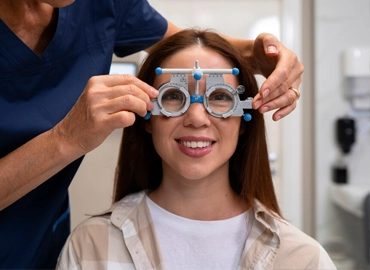
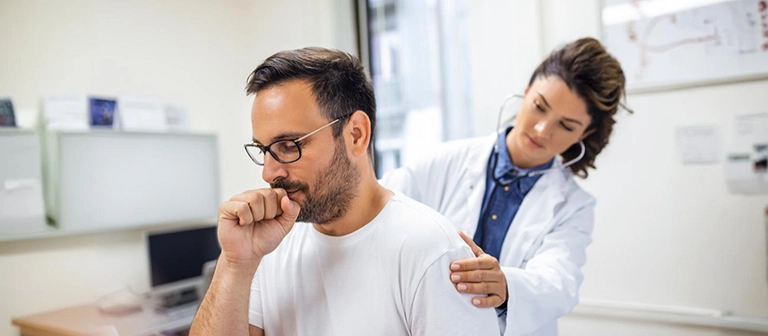
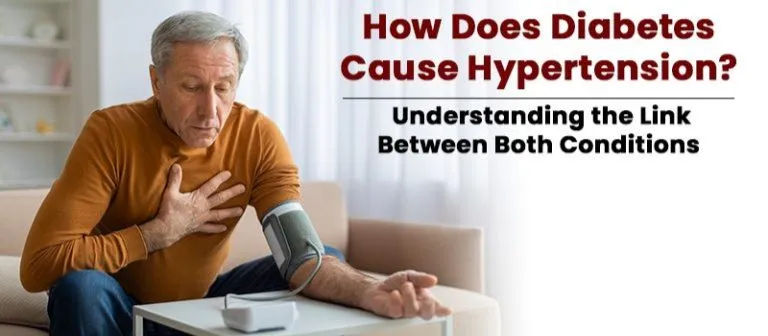

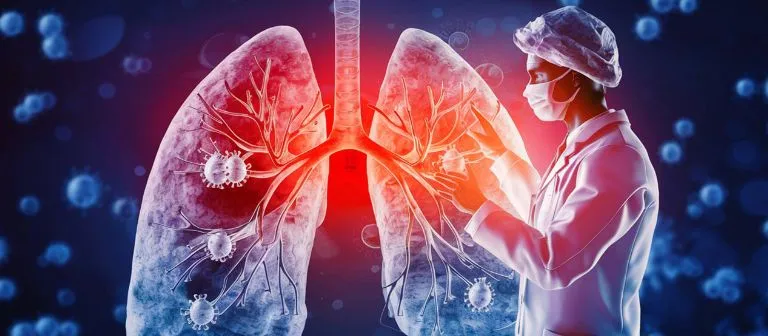
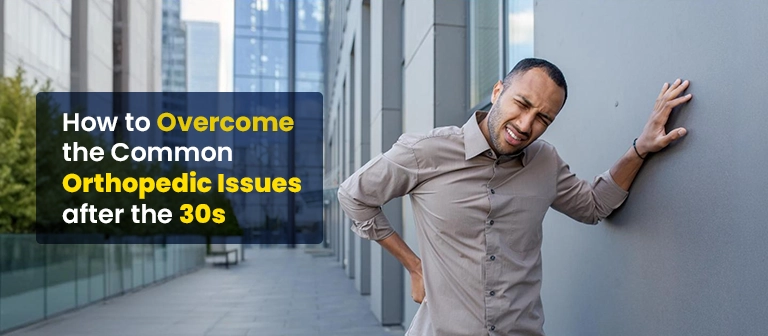
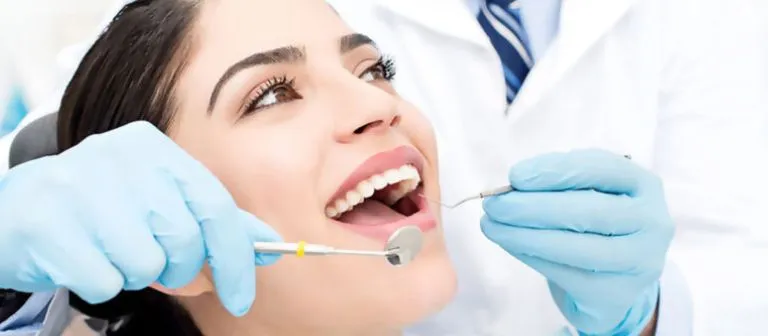
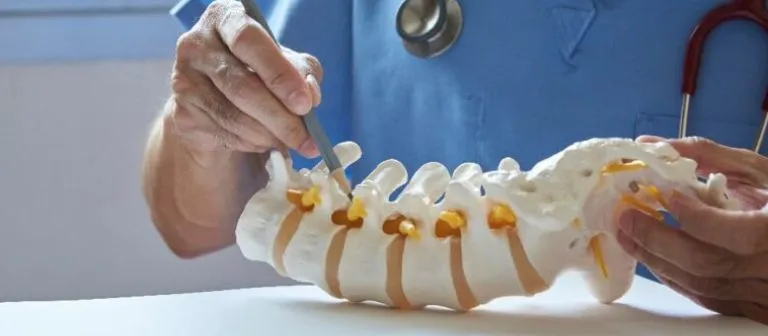
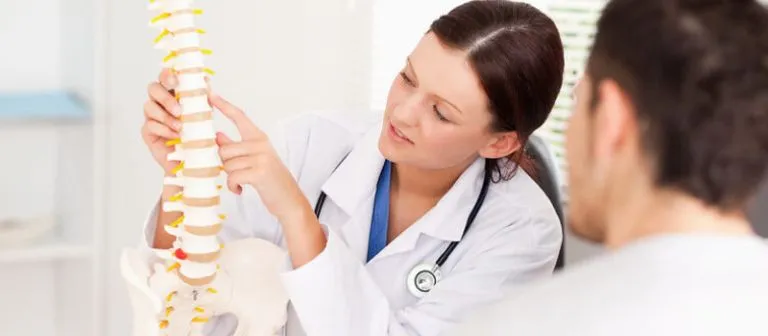






.webp)
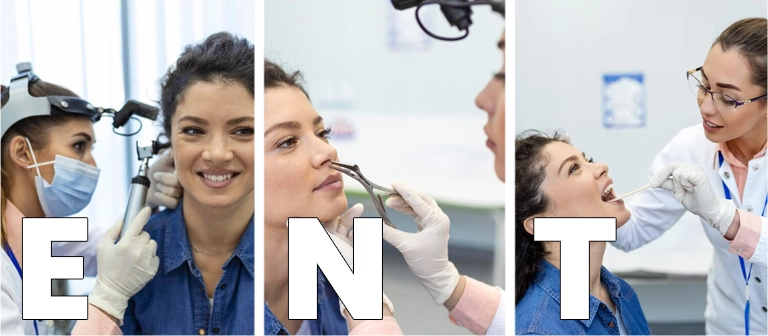




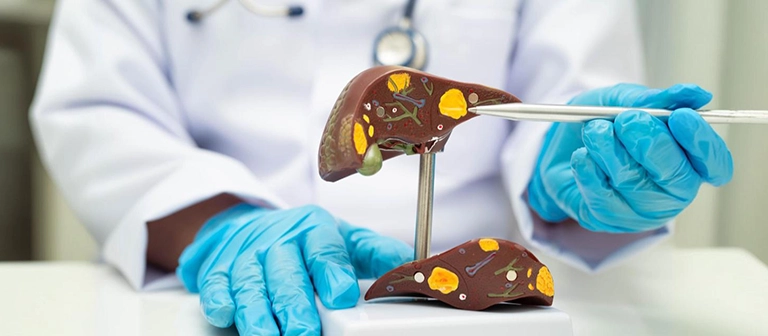
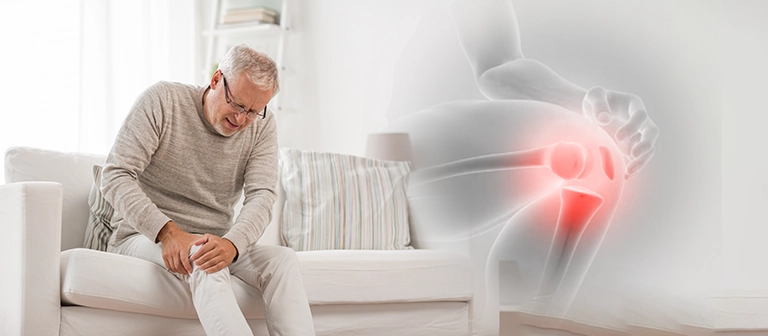



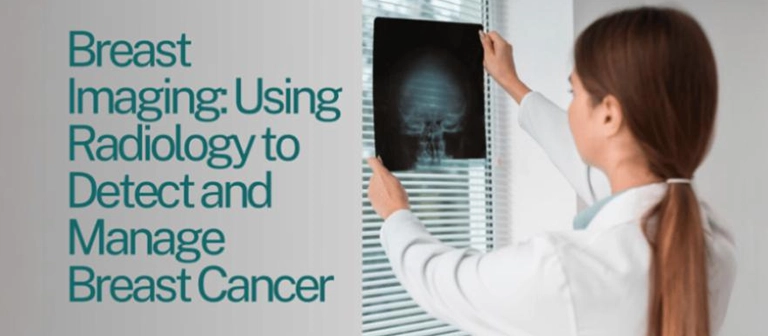
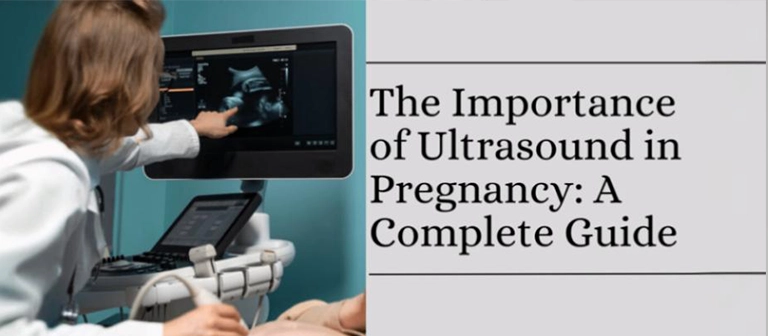

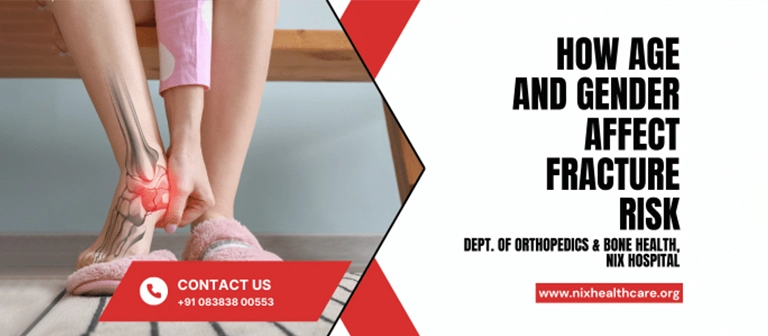
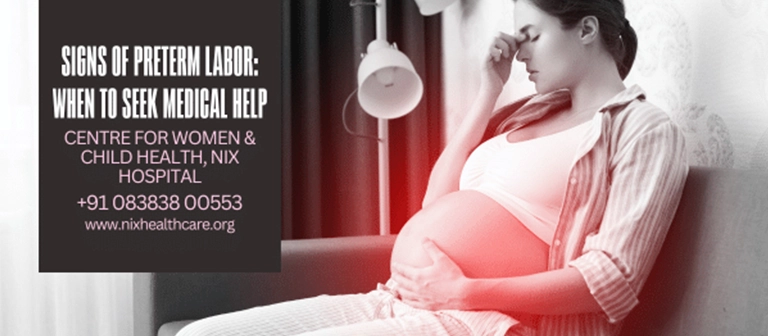
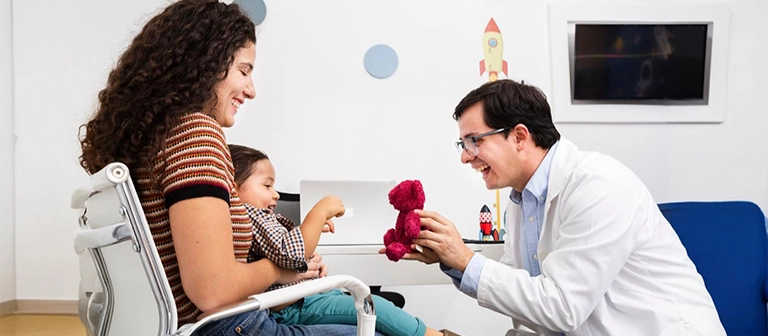
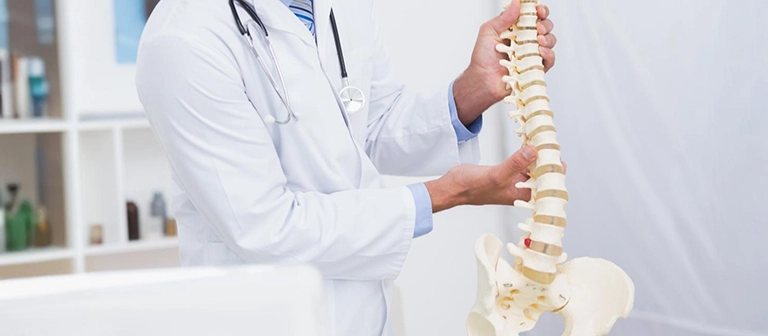
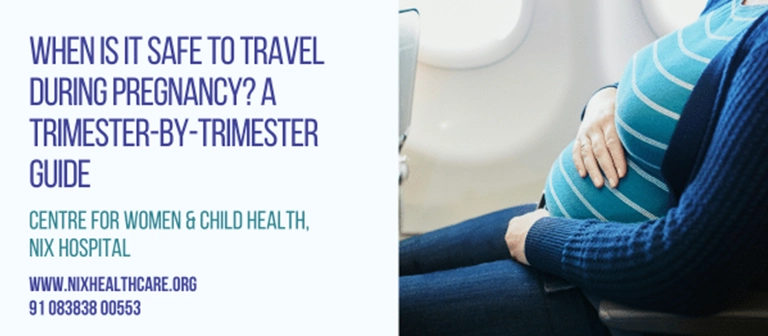



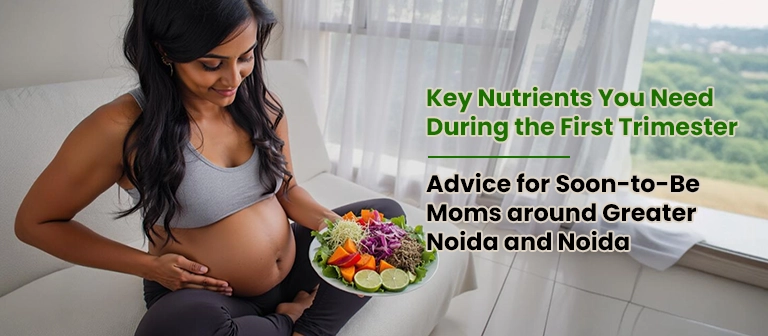


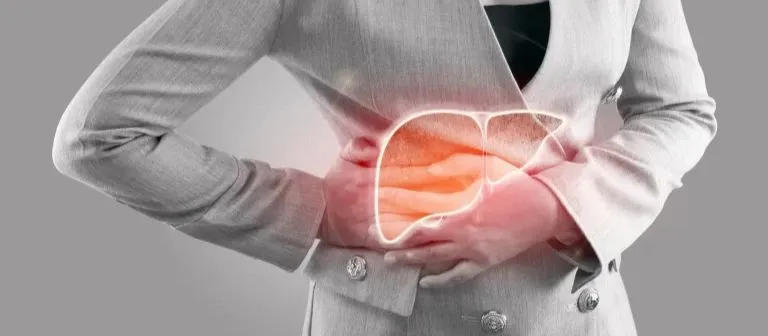
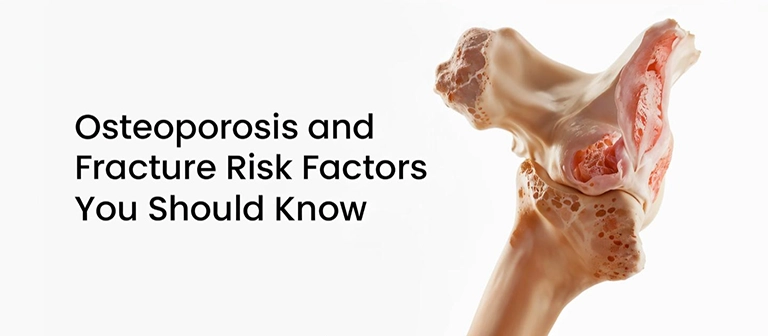
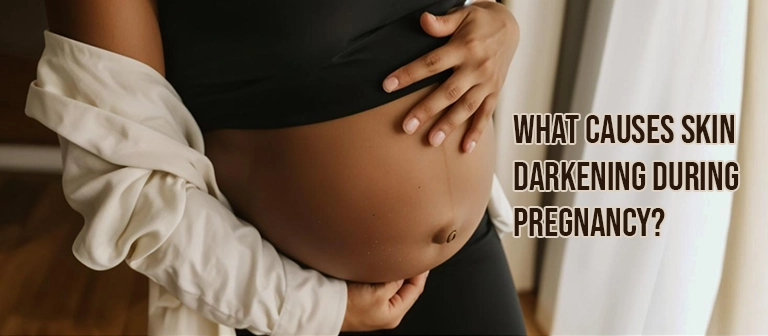
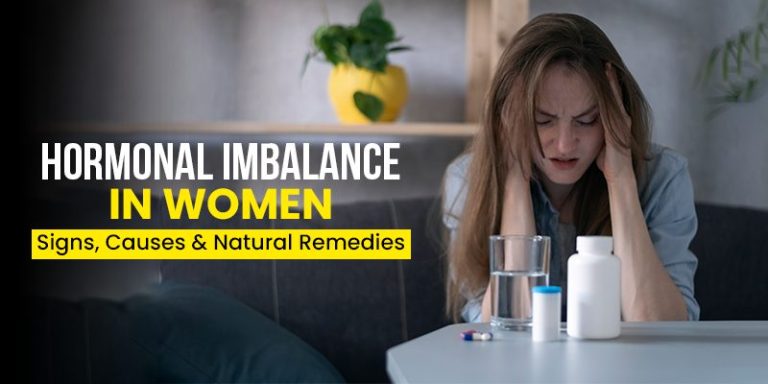


.webp)





















